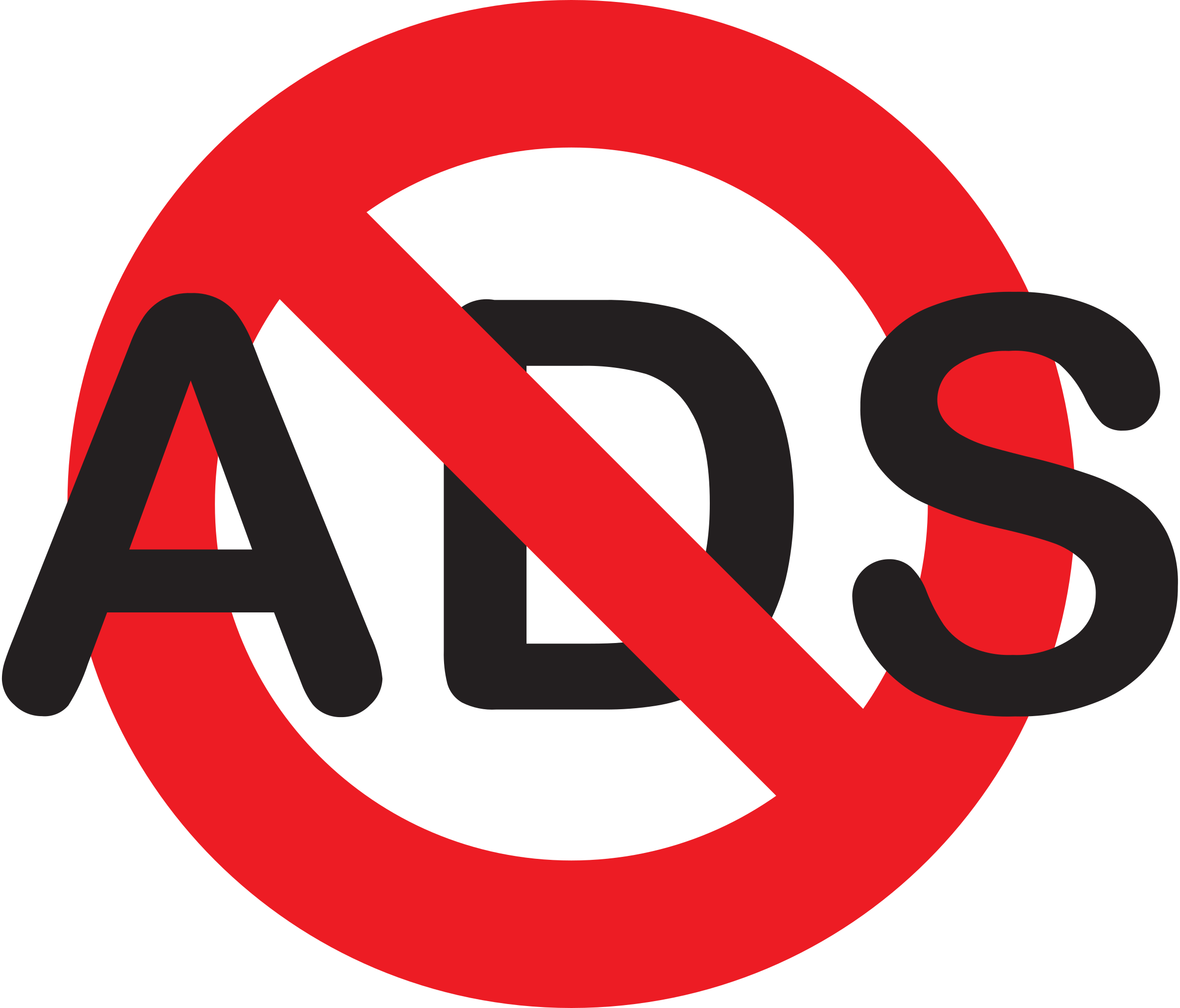A hot potato: The much debated Manifest V3 tech will not arrive in January as originally planned. Google is listening to developers’ feedback, as developers have expressed concern about the short period of time the company was giving the industry to adapt to such a disruptive change.
The “extension apocalypse” users and developers are awaiting has just been delayed. Google said the proposed migration from Manifest V2 to Manifest V3, initially planned for January 2023, will not take place at the beginning of the new year. Developers will have more time to adapt to the new standard, while Google seems willing to find some common ground for the limits imposed by V3 to ad blockers and other popular extensions for Chrome.
Writing to developers, Google’s Simeon Vincent said the company has heard their feedback on “common challenges posed by the migration” to Manifest V3, “specifically the service worker’s inability to use DOM capabilities and the current hard limit on extension service worker lifetimes.” Manifest V3 makes life harder for ad blockers, so much that popular tools like uBlock Origin will not survive the transition in their current form.
Google coders are “actively pursuing a solution” to the hard limits imposed on extensions by Manifest V3, while mitigating service worker’s inability to use DOM capabilities with the new Offscreen Documents API added in Chrome 109.

There should be plenty of time for discussion, however, as the already planned “January experiments” to turn off Manifest V2 extensions in pre-release channels of Chrome (Canary, Dev, Beta) have been postponed. The revised Manifest V2 support timeline says the V2 deprecation timeline is “under review,” and so are the future targets for June 2023 (turning off V2 support in stable Chrome release) and January 2024 (all Manifest V2 extensions removed from Chrome’s Store).
“Our guiding principle will be to give developers sufficient time to update and test their extensions after the launch of these new capabilities before turning off Manifest V2,” Google said. What hasn’t change is the company’s intention to bring those pesky V2 ad blockers to an early death: the updated phase-out plan and schedule will be defined by March 2023.
By then, users and developers worried for the capability of today’s powerful ad blockers could abandon Google Chrome (or any other Chromium-based browser like Microsoft Edge) for good and choose something else for their web browsing sessions. An alternative solution like Firefox could work as Mozilla has already stated the open source browser will not abandon Manifest V2 support while adapting some of the Manifest V3 features.






More Stories
Powering Business Resilience: How Expert Technical Support Transforms Modern Enterprises
The Challenges of Modern Data Ecosystems Most Startups Don’t Envisage
Level Up Instantly: The Fastest Way to Buy Free Fire Diamonds in 2025